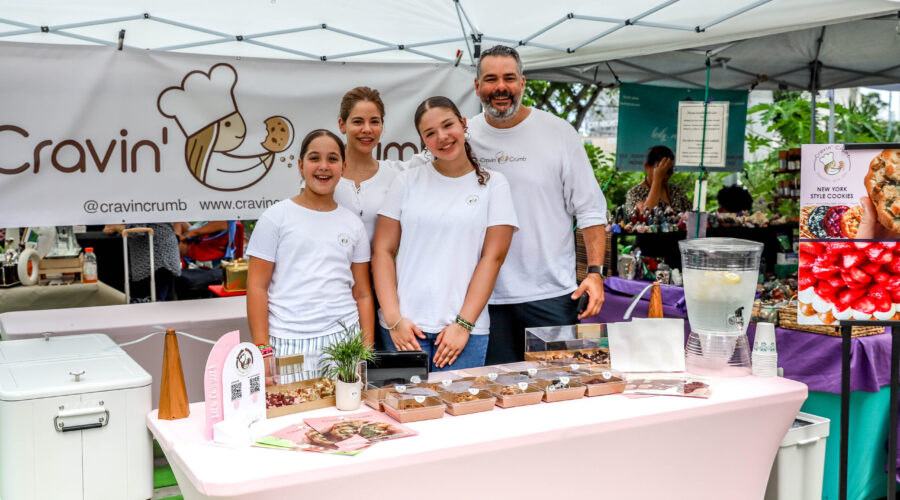Permits for Vendors in Miami: What You Need to Know
Selling your products at farmers markets, festivals, or street fairs in Miami is a great way to grow your brand and reach new customers. But before you set up your booth, there’s one critical step you can’t ignore: compliance.
Understanding which permits, licenses, and insurance policies you need is essential for success — and skipping them can lead to costly fines or getting removed from an event.
In this blog, we break down the vendor compliance requirements you’ll need to operate legally in Miami-Dade and across South Florida.
1. Why Vendor Compliance Matters
Operating without the right documentation can lead to:
- Fines from the city or county
- Removal from events without refund
- Damage to your reputation with event organizers
Most professional events in Miami will not accept vendors unless they can provide valid permits and insurance documentation.
Tip: Unite Worldwide’s vendor software stores your compliance paperwork in one place and reminds you before expiration.
2. Common Permits Required for Miami Vendors
A. Business Tax Receipt (BTR)
Required by Miami-Dade County and the City of Miami to operate any business.
How to Get It:
Visit Miami-Dade County’s Tax Collector website
B. State Sales Tax Certificate
Issued by the Florida Department of Revenue. Required for vendors selling taxable goods (e.g., crafts, packaged food, clothing).
How to Apply:
Register for Sales Tax
C. Food Vendor Permits
If you’re serving or preparing food, you may need:
- A Mobile Food Dispensing Vehicle (MFDV) license
- A Temporary Food Service Event License
- Food handler certifications
Governing Body: Florida Department of Business and Professional Regulation (DBPR)
D. Liability Insurance
Most markets require vendors to have $1M in liability insurance, naming the event organizer and venue as additional insured.
Pro tip: Use platforms like FLIP or ACT Insurance for affordable coverage.
3. Additional Compliance for Specific Events
Different cities (like Coral Gables, Miami Beach, or Hialeah) may have their own requirements:
- Electrical permits if you use powered equipment
- Fire marshal clearance for tents/cooking
- Temporary structure or signage permits
Check event-specific requirements through the Unite Worldwide Events Calendar — updated weekly with key info.
4. How to Stay Organized
To stay compliant at all times:
- Create a digital folder with copies of all permits, licenses, and insurance
- Set calendar reminders for renewals
- Use vendor management tools like Unite Worldwide to track documents and deadlines
Sign up for Unite’s Vendor Portal to automate all your compliance tracking.
Internal Links:
External Links:
- Miami-Dade Business Tax Receipt Info
- Florida Department of Revenue – Sales Tax
- Florida DBPR – Food Permits
- FLIP Vendor Insurance
Conclusion
Whether you’re serving up gourmet street food, selling handmade jewelry, or promoting a wellness brand — staying compliant is the first step toward becoming a trusted vendor in Miami.
With the right permits in place and a professional setup, you’ll not only impress event organizers but also build a business that’s ready to scale.
Need help staying compliant? Join Unite Worldwide and get access to compliance tools, event listings, and vendor support — all in one place.



